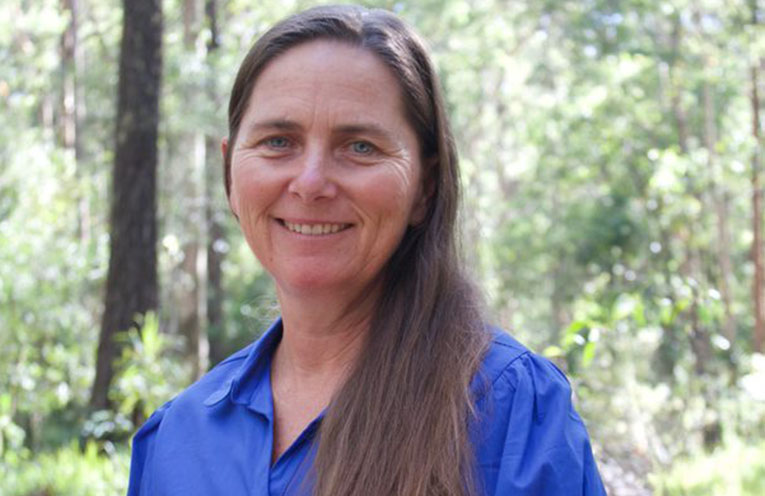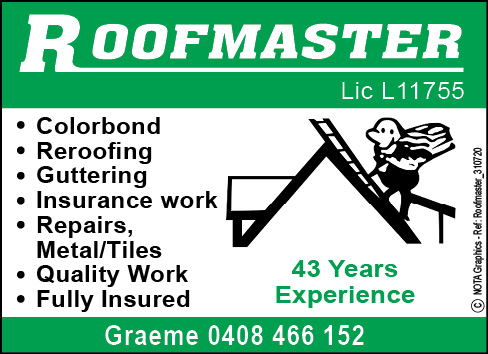
THE number of women standing at the December 4 NSW local government elections this year has significantly increased following a campaign by the NSW Government to increase diversity among councillors.
The NSW Electoral Commission has confirmed that women will represent 41.7 percent of the 3,864 candidates standing at the upcoming elections, an increase of 4.2 percent compared to the 2016-17 elections and 6.2 percent from the 2012 poll.
 Advertise with News of The Area today.
Advertise with News of The Area today.It’s worth it for your business.
Message us.
Phone us – (02) 4981 8882.
Email us – media@newsofthearea.com.au
While only three women including current councillors Tegan Swan and Sally Townley, and marriage celebrant Donna Pike, are running for Mayor at the Coffs Harbour Local Government election out of ten candidates, a total of 17 women are vying for the position of Councillor out of the 33 candidates standing.
Eight Councillors will be elected to the new Council for the coming three-year term.
At the 2016 Coffs Harbour Local Government Election, 17 women stood for the position of Councillor out of 45 candidates, and four women ran for Mayor out of nine candidates.
These statistics reveal that 51 percent of the candidates standing for the position of Councillor at the 2021 Coffs Harbour Local Government election are women, as opposed to 37 percent at the 2016 Coffs Harbour Local Government election.
Coffs Harbour councillor Sally Townley said traditionally Council has been the domain of older men, who were considered to be the ‘town fathers’.
“But now there is much greater understanding that the best kind of representative democracy involves diversity,” Cr Townley said.
“It’s great to see more women standing for Council, especially younger women.
“There are definitely still barriers to participation, including financial barriers; but I hope that as a community we can support women to become involved by being flexible in the way we do things.”
Cr Townley said Cr Tegan Swan was the only Coffs Harbour councillor to have given birth during her term of office.
“Supporting her to incorporate a new baby as well as other children into her Council role was a pleasure and I think helped to break some stereotypes,” Cr Townley said.
“Being on Council is a team sport and I would love to support any new members, especially women, to serve their community.”
The NSW Government has been rolling out promotional campaigns targeting women, funded workshops for female candidates, allowed virtual meeting attendance for councillors with carer responsibilities, and introduced superannuation and mandatory payment of childcare costs for elected representatives to increase the number of women standing for local government elections.
“It is wonderful to see a significant increase in the number of women standing for election which will greatly improve our chances of boosting the number of female councillors serving in councils across the State,” NSW Minister for Local Government Shelley Hancock said.
“The Government has worked hard to encourage people from all walks of life to stand for their community and run for election to their council at next month’s local government poll.
“However, we are not resting on our laurels and we are now shifting the focus to continuing this good work during the next council term.”
The NSW Government has announced more than $2 million in funding to support local democracy and increase diversity of councillors serving on regional councils ahead of the September 2024 local government poll.
The Supporting Regional Democracy Program will boost the capacity of councils in the bush to actively promote diversity over the next three-year term.
“Regional councils are the heart of their communities and councillors play a leading role in the economic and social wellbeing of towns and cities across NSW,” Minister Hancock said.
“The program will build the capacity of regional councils to take action over the next three years to encourage broader participation in local government with a particular focus on younger people, women, and Aboriginal and Torres Strait Islander residents.”
By Emma DARBIN
